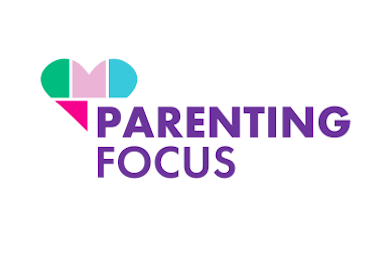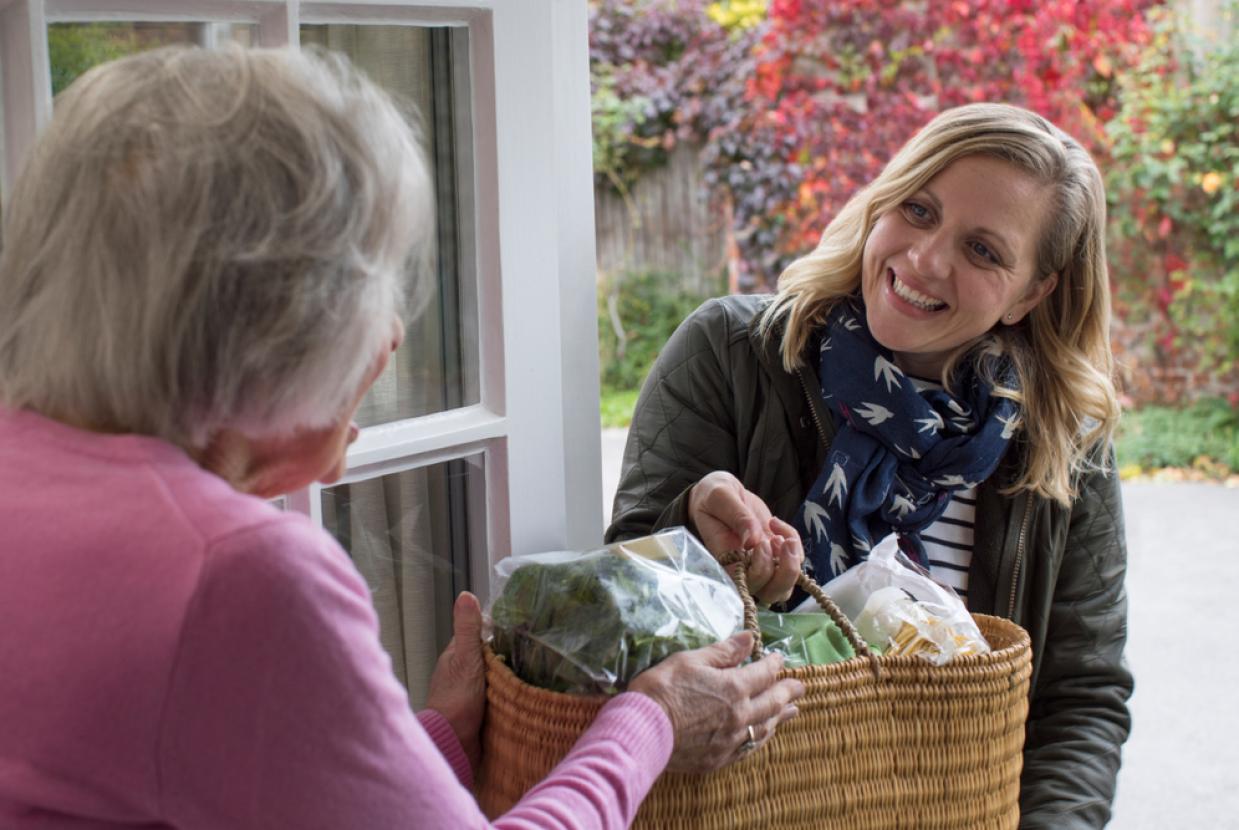Reading with your Children
Family HealthReading to your children, particularly in the form of a bed-time story is one of the great joys of parenthood.
Reading brings parents and children closer together, gives you an opportunity to spend quality time with your child and can also be beneficial for your own mental wellbeing.
Finding time to read with your children can often be a challenge, as well as how to get the most out of reading. Parents often put pressure on themselves to spend long periods of time reading with their child. However, research suggests that even 10 minutes of reading a day can have a dramatic impact (BBC, 2013).
BookTrust, the UK’s largest children’s reading charity notes that it is never too early to start reading with your children. Even an unborn child can hear you after 18 weeks – and will recognise your voice. Reading to your infant in the early stages can help to build a strong, loving relationship with your child.
In addition, some parents are unsure if it is valuable to continue to read to children once they reach young primary age – around 7 years old. However, children themselves suggest that they would like reading to continue. A report in February 2018 found that only half of pre-school children were read to daily. Parents gave a range of reasons why this was the case – around a fifth said that they struggled to find the energy at the end of the day. Only 16% said that their children preferred to do other things (Flood, 2018).
A key question is, does it help them to learn? Does reading to your child help them to develop reading and language comprehension skills? A series of studies have been done with parents and children across the world to help determine what (if any) affect reading to your child has on their learning. The good news is, research which examined programmes to help promote books and reading to babies and young children demonstrate positive long-term effects on their development (Vanobbergen, 2009). In particular, children who are more familiar with books show improvements in reading, social skills, language development and other areas.
Another benefit of reading with your children is that it can reduce behavioural problems. A study by the New York University School of Medicine found that reading with children can reduce aggression, hyperactivity and difficulty with attention (Mendelsohn, 2018). One theory suggests that the reason for this is that children who are read to and engaged with are happier, and parents who read to their children enjoy this time. This helps to foster a positive relationship which has positive outcomes for mental health and behaviour.
Some studies have found that if parents are trying to improve their child’s own reading ability it may not be enough to just read to a child. Instead, a form of interaction that involves dialogue – children asking and being asked questions – has a more dramatic effect on their learning. It is important when reading to your child to name letters, make the sounds and otherwise encourage them to interact with the book or story. (Phillips et al. 2008). When reading to your child, answer the questions that they pose about the book. By doing so, you can help to teach them that print conveys information. Providing them with experiences of story-books helps to build a foundation that translates directly into a more formal reading situation (Saracho & Spodek, 2010).
These advantages can be particularly important for children who have reading difficulties, or who are behind in their learning. Children who had poor vocabulary in preschool showed improvement when they were introduced to new words and expressions via print and illustrations (Hargrave & Sénéchal, 2000). As with all reading, these improvements were reliant on active participation by the child in reading.
Some parents struggle because their children do not seek out, or do not seem to enjoy reading. Only about 55% of children said that they enjoy reading by age 15 (Clark, 2016). However, it is possible that at least part of the reason that some children do not enjoy reading because they find it difficult. Much higher percentages of children who are high-achieving at school say that they enjoy reading. Previous studies have outlined that early reading experiences, including shared reading with parents help promote stronger reading skills later in life.
PBS, the US public service broadcaster, gives three tips for parents seeking to encourage a reluctant reader:
- Hone in on your child’s interests. If you have an interest in sport, or a particular genre of material, choose reading experiences centred on those;
- Start small – pick easier to read, shorter reading experiences at first and build up to more substantial books;
- Practice “shared” reading. Make sure that you child is engaged and interested in the books you read together. Ask questions, and encourage them to ask about anything they do not understand.
It can be difficult to find the time and energy to read with your children. Especially if you are seeking to read in an engaged manner. However, the experts are clear that the benefits are dramatic. As with most parenting support, communication can be key to success. Talking to your children about the importance of reading, taking time to ensure that you are reading what they are interested in and modelling good behaviour by reading yourself are all useful in encouraging your child’s literary curiosity.











































































